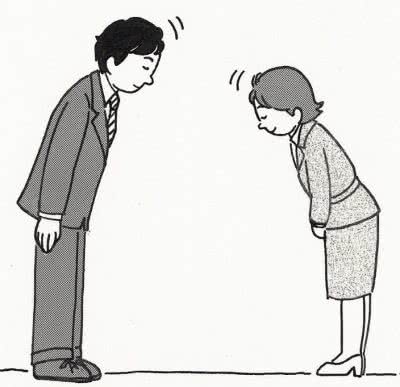bow
US /baʊ/
UK /baʊ/

명사
1.
2.
3.
활, 활대
a rod with horsehair stretched along its length, used for playing stringed instruments.
예시:
•
The violinist drew the bow across the strings.
바이올리니스트는 활을 현에 댔다.
•
He needed to re-hair his cello bow.
그는 첼로 활의 털을 다시 붙여야 했다.
동의어:
동사
1.
Lingoland에서 이 단어 학습하기